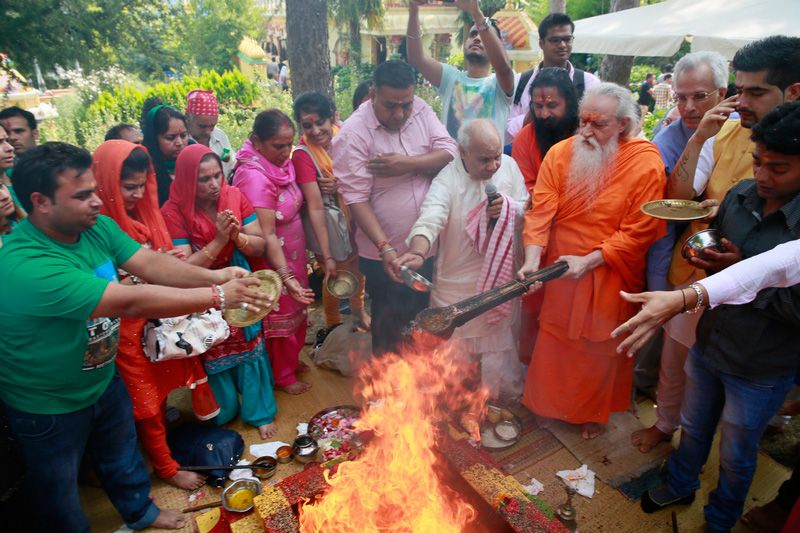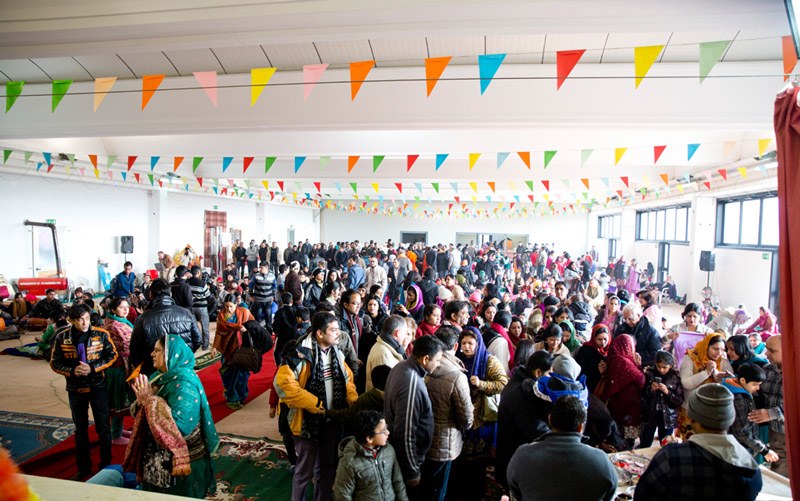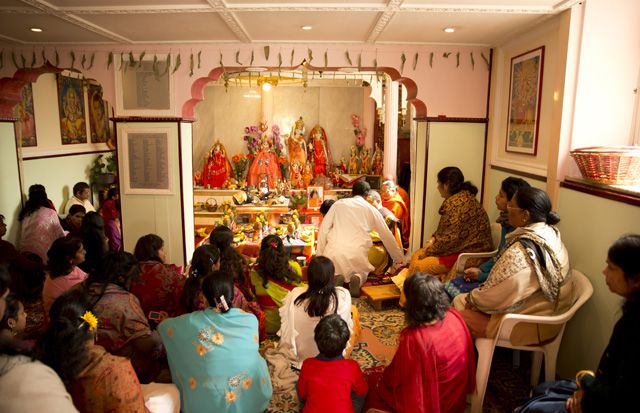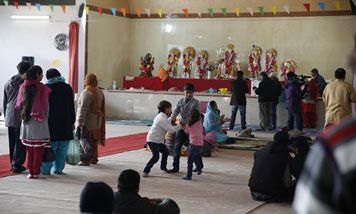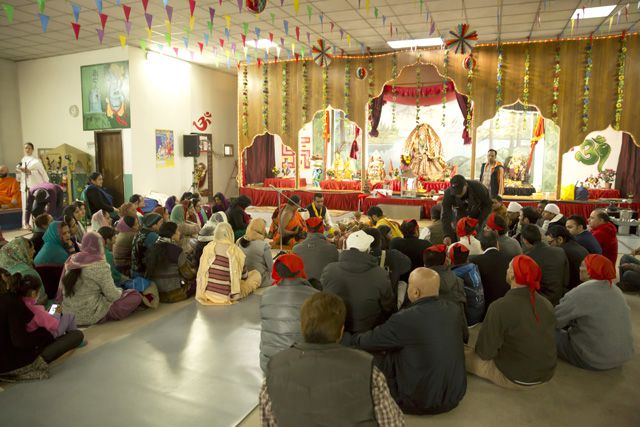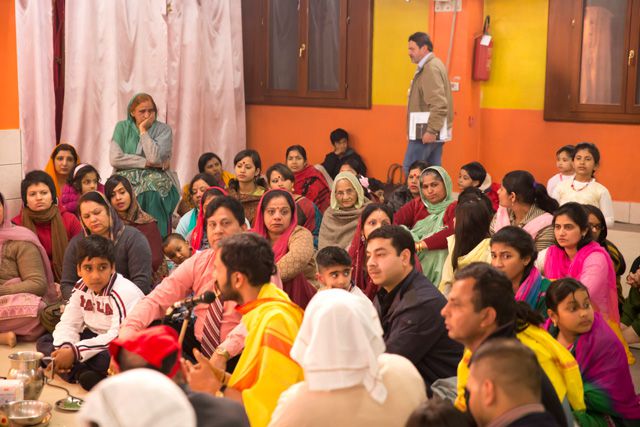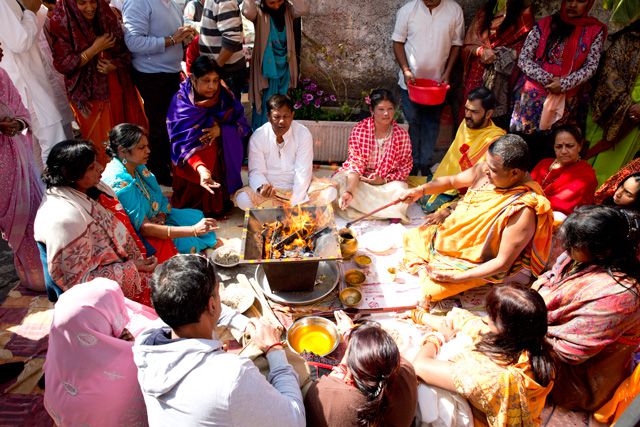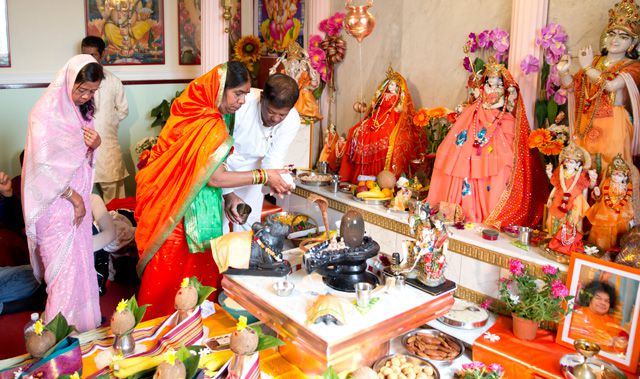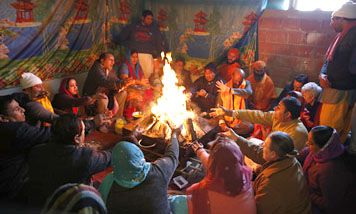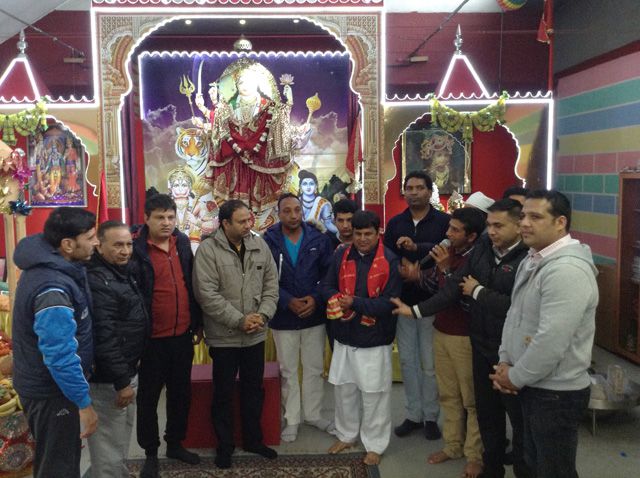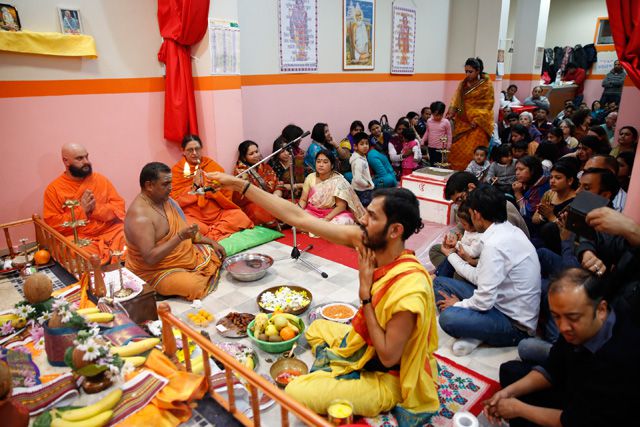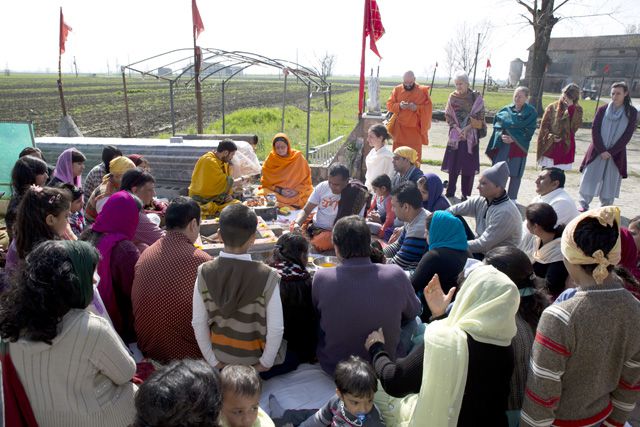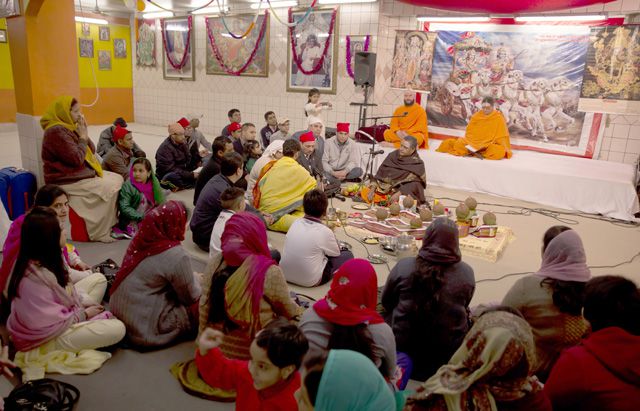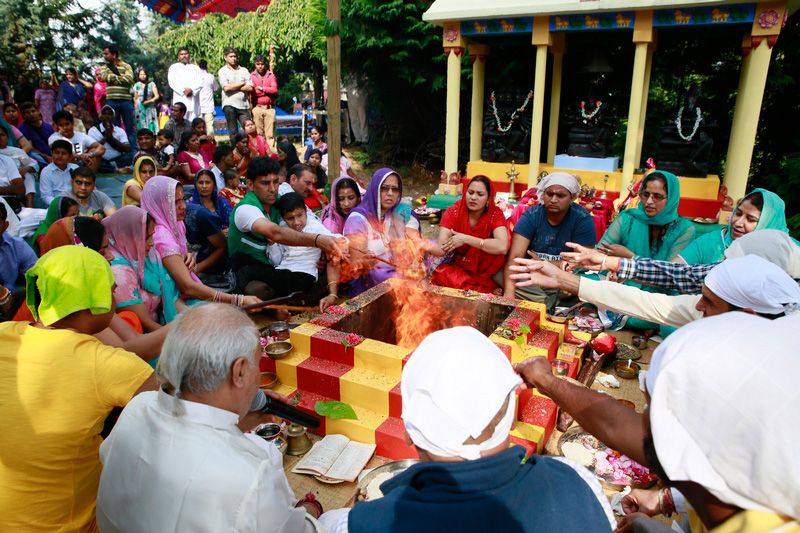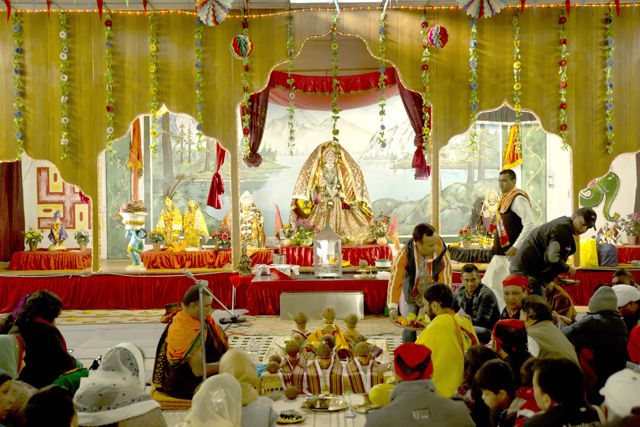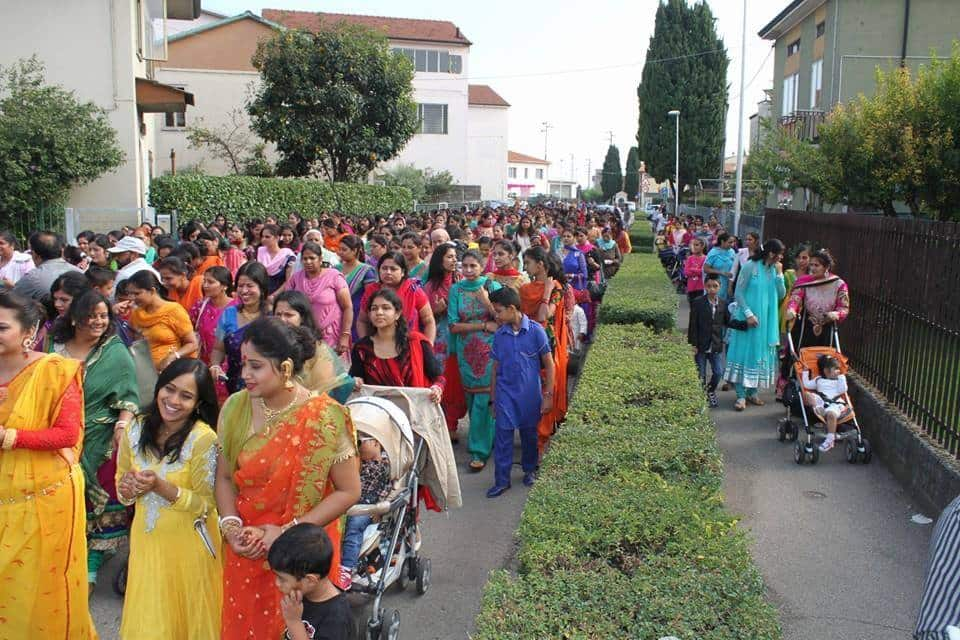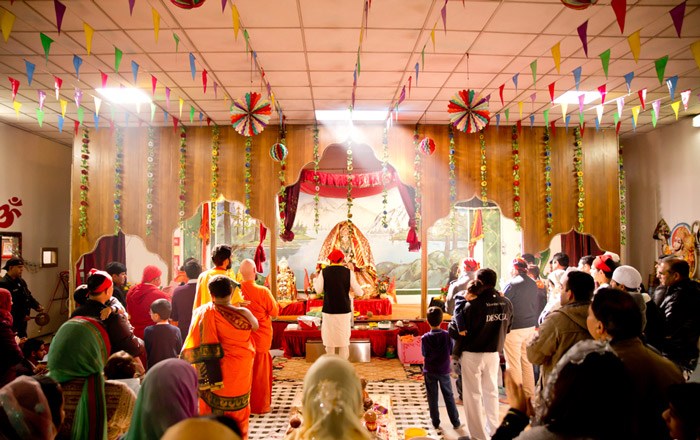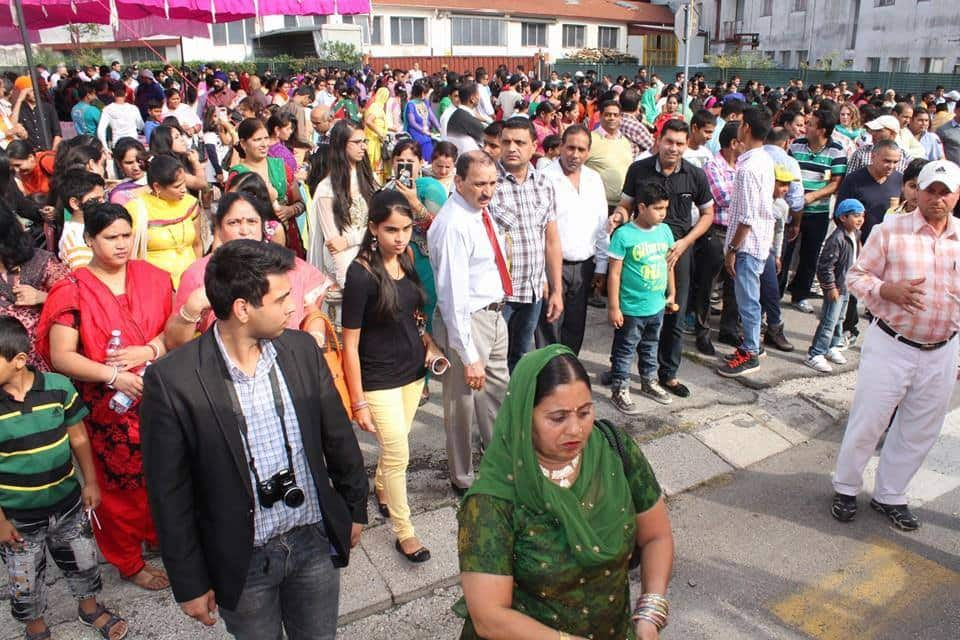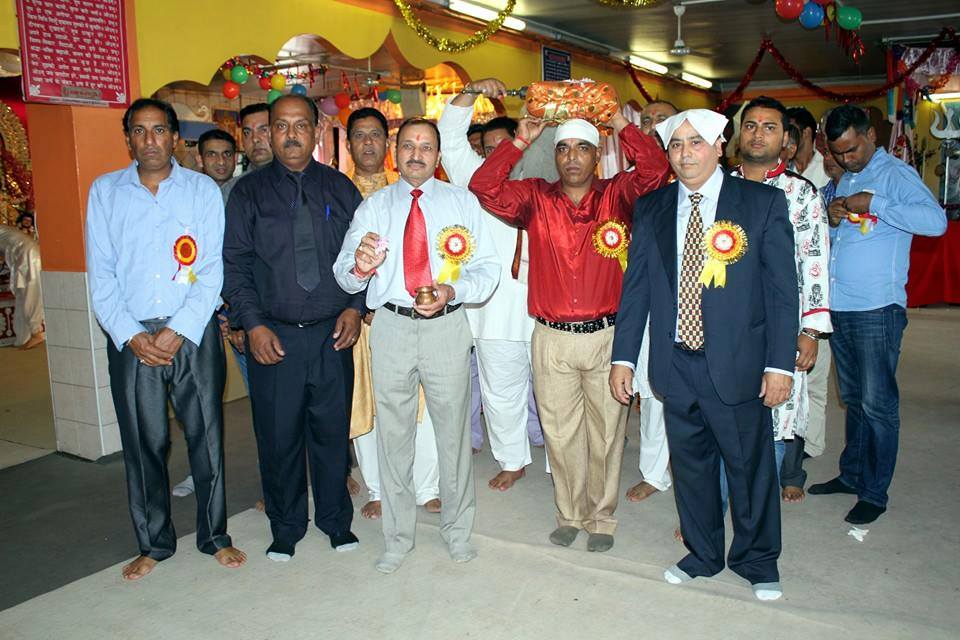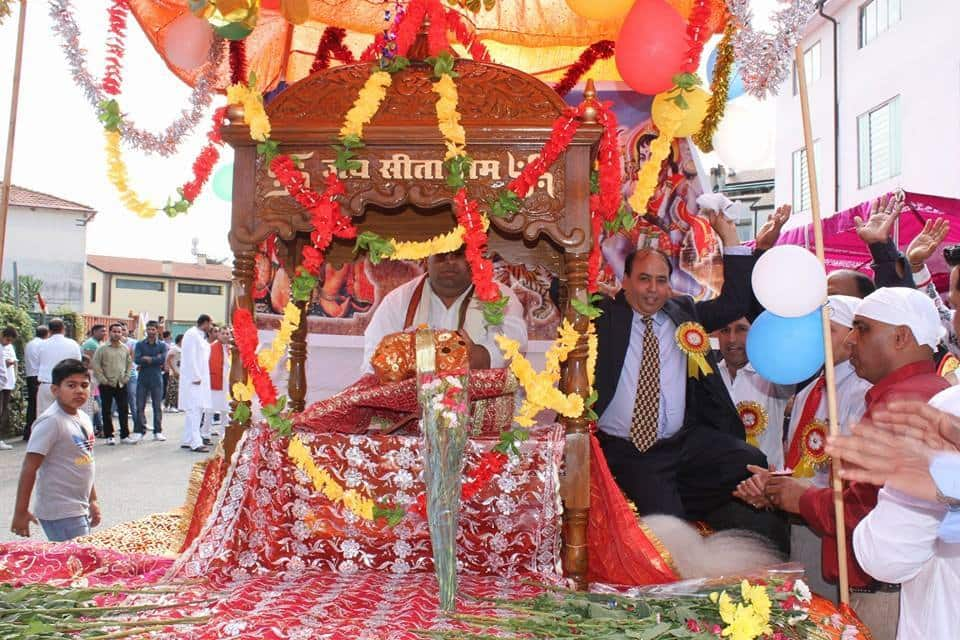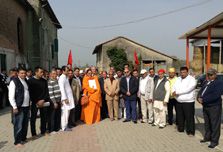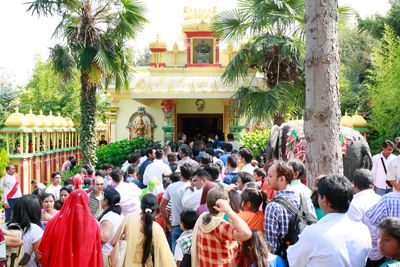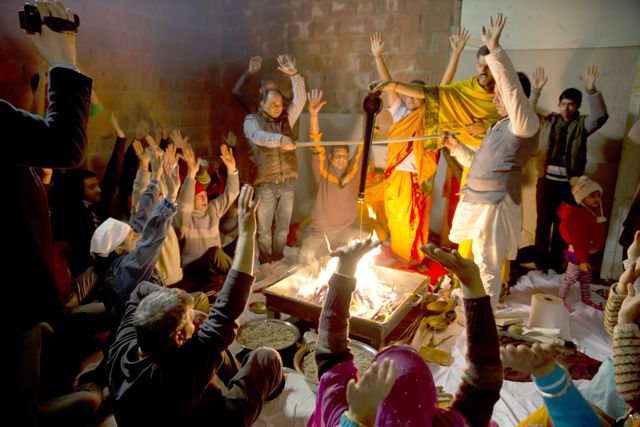HINDUISM IN ITALY
DESCRIBED BY HINDUS
Hindu culture begins to take root in Italy with the second generation of people from abroad. The key players of this new process of knowledge: young people. In Italy since birth, for many or a few years, children of immigrants, wives, husbands, students, workers, well-integrated members of our society. “Young” Italians who have been able to acquire the local culture without losing their origins and traditions. This latter commitment is deeply felt by the Italian Hindu Union because we believe that plurality is an asset!
Interviews to discover Hinduism in Italy.
HINDUISM IN ITALY
Eurispes produced the First Report “Hinduism in Italy”; the first in-depth research on Hinduism in our country, which depicts this reality from different perspectives and gives a direct voice to Hindus, both Italians and foreigners who live on our territory. The survey was conducted in the period between May 2018 and June 2019 and involved 330 Italian Hindus and 519 Hindus of foreign origin living in Italy, aged 18 and over. The survey was carried out mainly in Hindu temples, but also in places of aggregation of Indian workers. The questionnaires investigated several thematic areas related to culture and religious practice, the status of women, school integration, discrimination, knowledge of Hinduism and stereotypes. (Quoted from the Eurispes website)
The research we present here has the following traits. It took more than a year and a half to be completed, employed dozens of researchers and journalists; it involved hundreds of interviewees and over thirty opinion leaders. It has tempted to define a complex religion, difficult for the Western world to understand, due to its numerous “cultural preservatives”, as Raimon Panikkar would have said. The aim was to free Hinduism from widespread stereotypes such as its alleged polytheism and to find its strong underlying identity.
[…]
The survey gives an outline of the more than 200,000 Hindus present in Italy, dividing them according to age, gender, education, origin, etc., picturing their values, objectives, integration, employment, relationship with other faiths, the role of women, to name just a few of the fields studied.
The resulting research is a work of considerable complexity that is unique in the panorama of Italian sociology because such a study had never been conducted before and, precisely for this reason, represents an unavoidable reference point for anyone who deals with Hinduism in Italy.
[…]
The survey was entrusted to Eurispes, one of the most prestigious research institutes in Italy and abroad, renowned for its impartiality.
Now that the research is over, our real work begins, namely that of transforming suggestions, criticisms, analysis into operational implications that can help us carry out our task as representatives of Hinduism in Italy even better.”
(Quoted from the preface to the Report by the President of the Italian Hindu Union – Sanatana Dharma Samgha, Franco Di Maria Jayendranatha)


